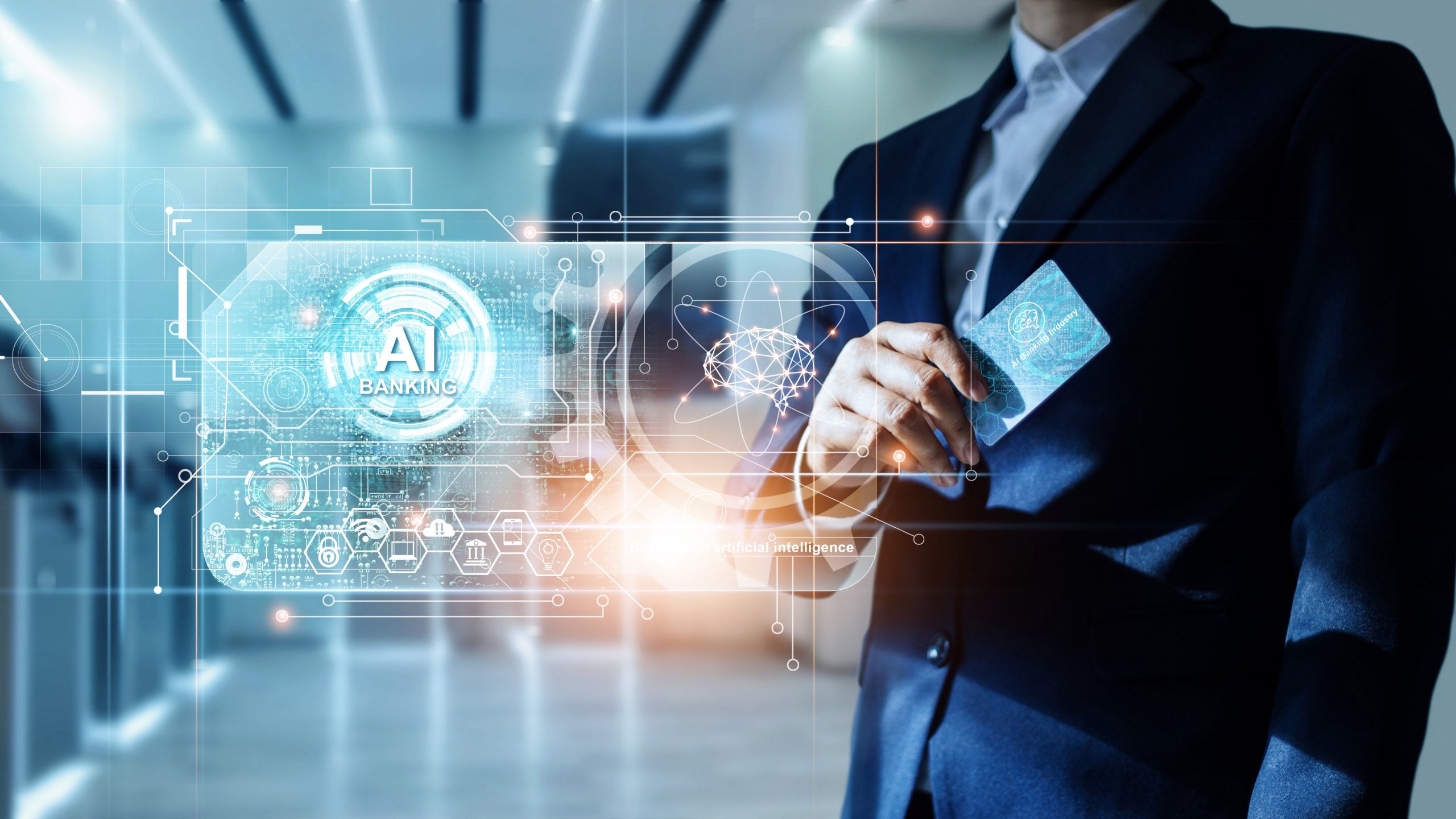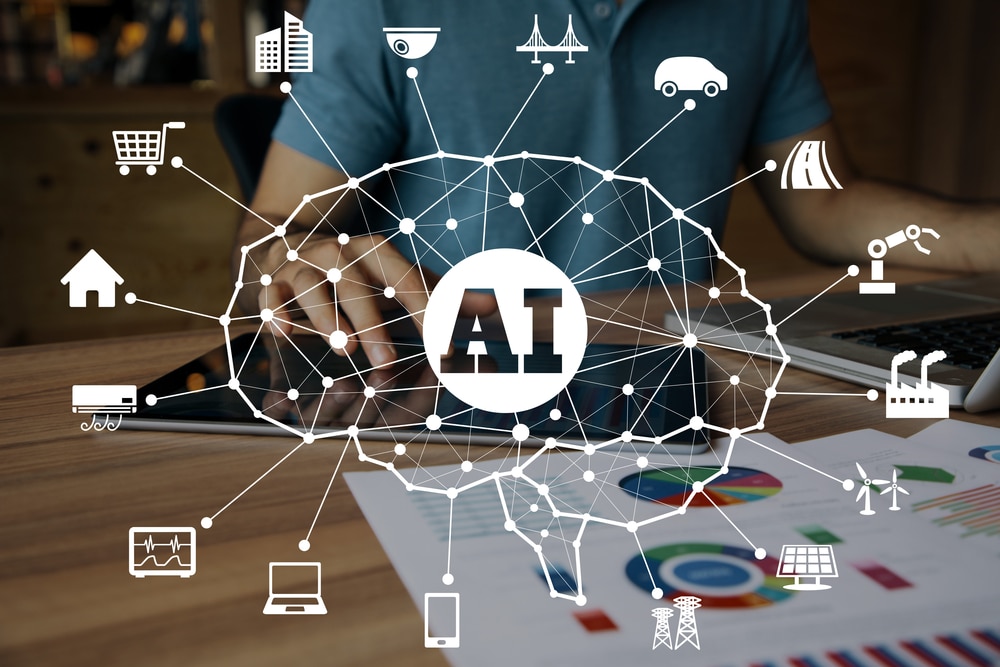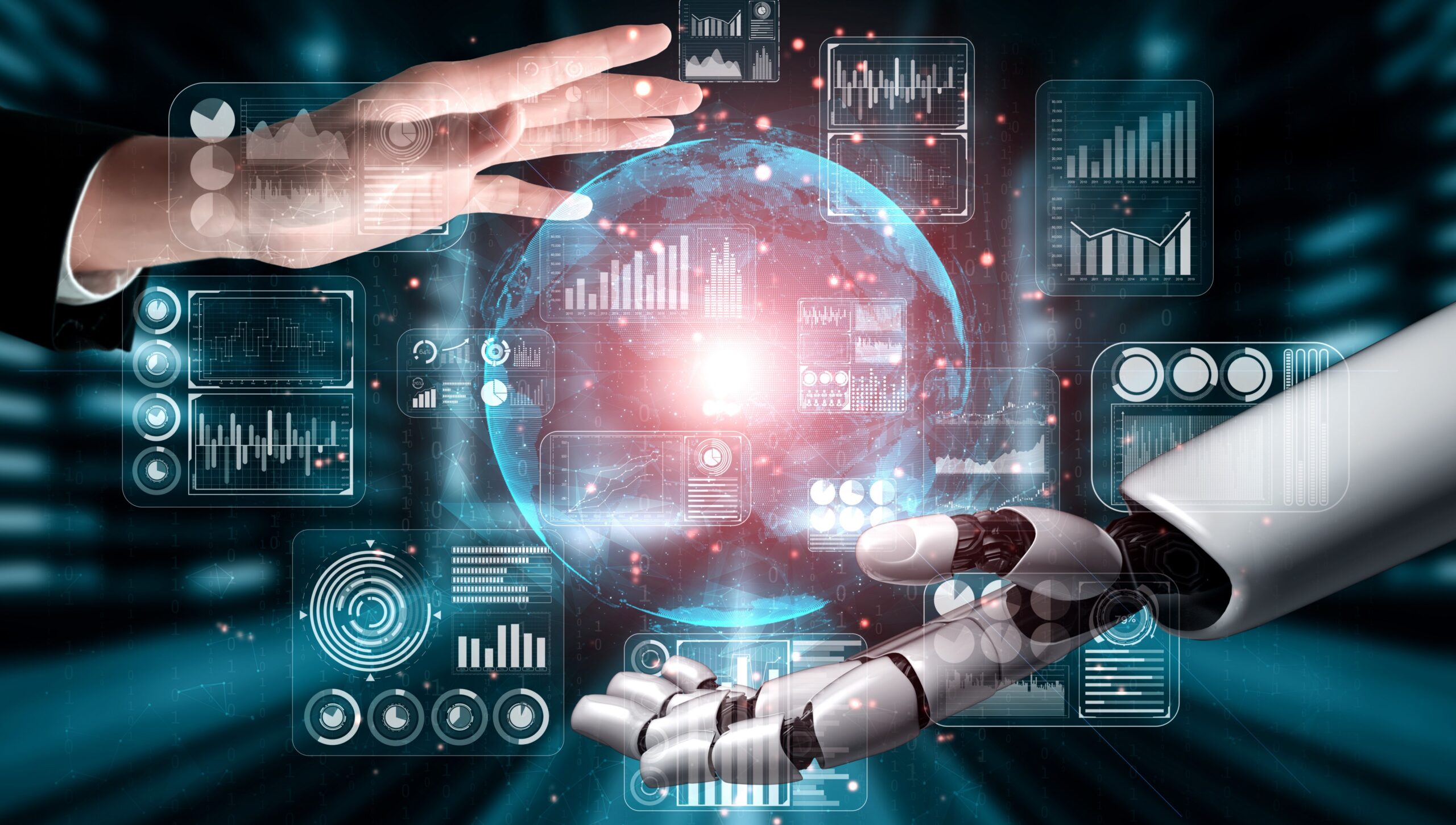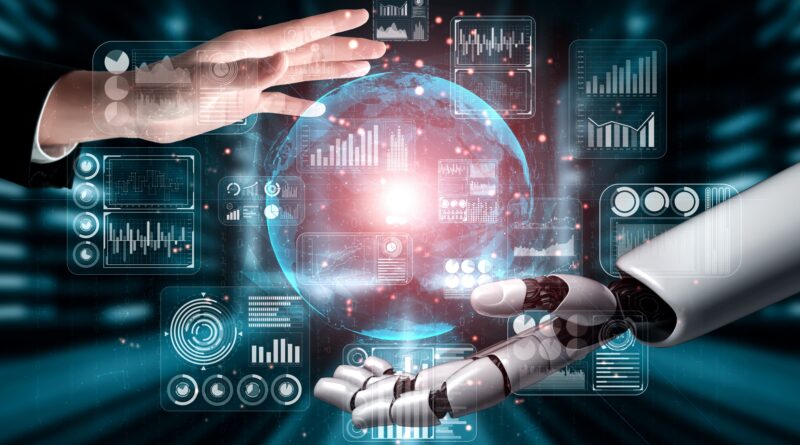People are using more and more Artificial intelligence (AI) in everyday life. Its applications are becoming more diverse with each passing day. Every gadget we use nowadays has Artificial Intelligence technology in it. As a result, using AI in everyday life is a new emerging trend, especially for the young generation people.
The young generation is growing up in a world where AI technology is becoming increasingly prevalent and integrated into everyday life. From virtual assistants on smartphones to intelligent home appliances, AI is becoming a normal part of their daily routines. This familiarity with the technology leads them to view it as a tool for comfort-seeking and productivity.
Additionally, their lack of prior experience with pre-AI technology means they don’t have the same biases or preconceptions about AI as older generations may have, leading to a more normalized acceptance of the technology, Also get more information and ideas at Live Enhanced.
Most Common Use Of AI In Everyday Life
Smartphone Personal Assistants:

source: pinterest.com
Many smartphones now come with personal assistants such as Apple’s Siri or Google Assistant that use natural language processing (NLP) to understand and respond to spoken commands. These personal assistants can perform a wide range of tasks, from scheduling appointments and sending text messages to providing directions and answering questions.
Self-driving Cars:
Self-driving cars use a combination of computer vision, machine learning, and sensor technology to navigate roads and traffic. This technology has the potential to greatly improve safety on the roads and make transportation more efficient.
Medical Diagnosis And Treatment Planning:

source: pinterst.com
Artificial Intelligence (AI) is revolutionizing the way medical diagnosis and treatment planning are done. By analyzing large amounts of medical data, such as images and lab results, AI-powered algorithms can identify patterns and predict outcomes. This can help doctors make more accurate diagnoses and develop more effective treatment plans.
The use of AI in medical diagnosis and treatment planning can also help to reduce costs and improve patient outcomes. Some examples of AI applications in medical diagnosis and treatment planning include image analysis for detecting cancer, natural language processing for analyzing electronic health records, and machine learning algorithms for identifying high-risk patients.
Manufacturing And Production:
One example of AI in manufacturing is using computer vision to inspect and sort products, this allows for faster and more accurate inspections, and also reduces the need for human workers to perform these tasks.
Another example is using predictive maintenance. In this task, AI systems can analyze machine data, and predict when maintenance is going to schedule. As a result, it reduces downtime and increases productivity.
Artificial intelligence is also useful to optimize supply chain management and logistics, by analyzing data on inventory levels, delivery schedules, and demand patterns, AI systems can help manufacturers to optimize their production schedules and reduce waste.
Additionally, AI can be used in quality control. AI-powered systems can detect defects and anomalies in real-time by analyzing images of products. It results in quick and efficient correction.
Finance And Banking:

source: pinterest.com
The banking industry uses AI to improve efficiency, reduce costs, and enhance the customer experience. Banks and Financial organizations can use AI for a wide range of tasks. It includes detecting fraud, analyzing financial data, and making predictions about the stock market.
AI can also be used in customer service, financial analysis, credit risk assessment, and many other areas of banking. As technology continues to advance, we can expect to see even more innovative uses of AI in finance and banking in the future.
Customer Service And Retail:
Many e-commerce giants use AI-powered chatbots. They are useful to provide customer service and assist with online shopping. These chatbots can understand and respond to customer inquiries and commands in natural language. Asa result, it is very helpful to improve the customer experience. Overall, it reduces the need for human customer service representatives.
In retail, AI is useful for personalizing the shopping experience for customers. This is possible by analyzing data on customer preferences, browsing history, and purchase history. This can help retailers to recommend products and make personalized offers, increasing customer satisfaction, and sales.
Additionally, AI-powered systems can be used for inventory management, supply chain optimization, and fraud detection. Overall, the use of AI in customer service and retail can help to improve efficiency and the customer experience, while also reducing costs.
Social Media And Content Creation

source: pinterest.com
AI can be used to personalize the content experience for users by analyzing data on their preferences. Users browsing history and engagement patterns are key to getting ideas. Moreover, it can help social media platforms to recommend content. Advertisers can target the audience according to the interest of each user.
In content creation, AI can be used to generate text, images, and even videos. This is useful for creating personalized content for users. Marketers and advertisers can get the most benefits from it.
Home Automation:
AI-powered systems can be used to control lighting, temperature, and other aspects of the home environment. Home appliances of today are very smart. They do these tasks by analyzing data on usage patterns and preferences. As a result, you can improve energy efficiency and reduce costs.
Additionally, home owners can use AI in home security systems to detect and respond to potential threats. We can also use AI in home appliances to optimize usage and performance.
Threats Of AI

source: pinterest.com
However, with the increasing use of AI in everyday life, there are also concerns about its impact on society. Some worry about the potential for AI to displace jobs. Many people show concern about the ethical implications of relying on machines to make decisions. The community needs to consider these potential consequences and develop policies to mitigate them.
Final Word
In conclusion, AI is becoming an increasingly important part of everyday life. Applications of AI are becoming more diverse. We can see AI everywhere. From smartphones and personal assistants to self-driving cars and medical diagnosis, it is a part of our life. We should use AI to improve the efficiency and effectiveness of many different industries and tasks. However, it is important to consider the potential consequences and develop policies to mitigate them.





